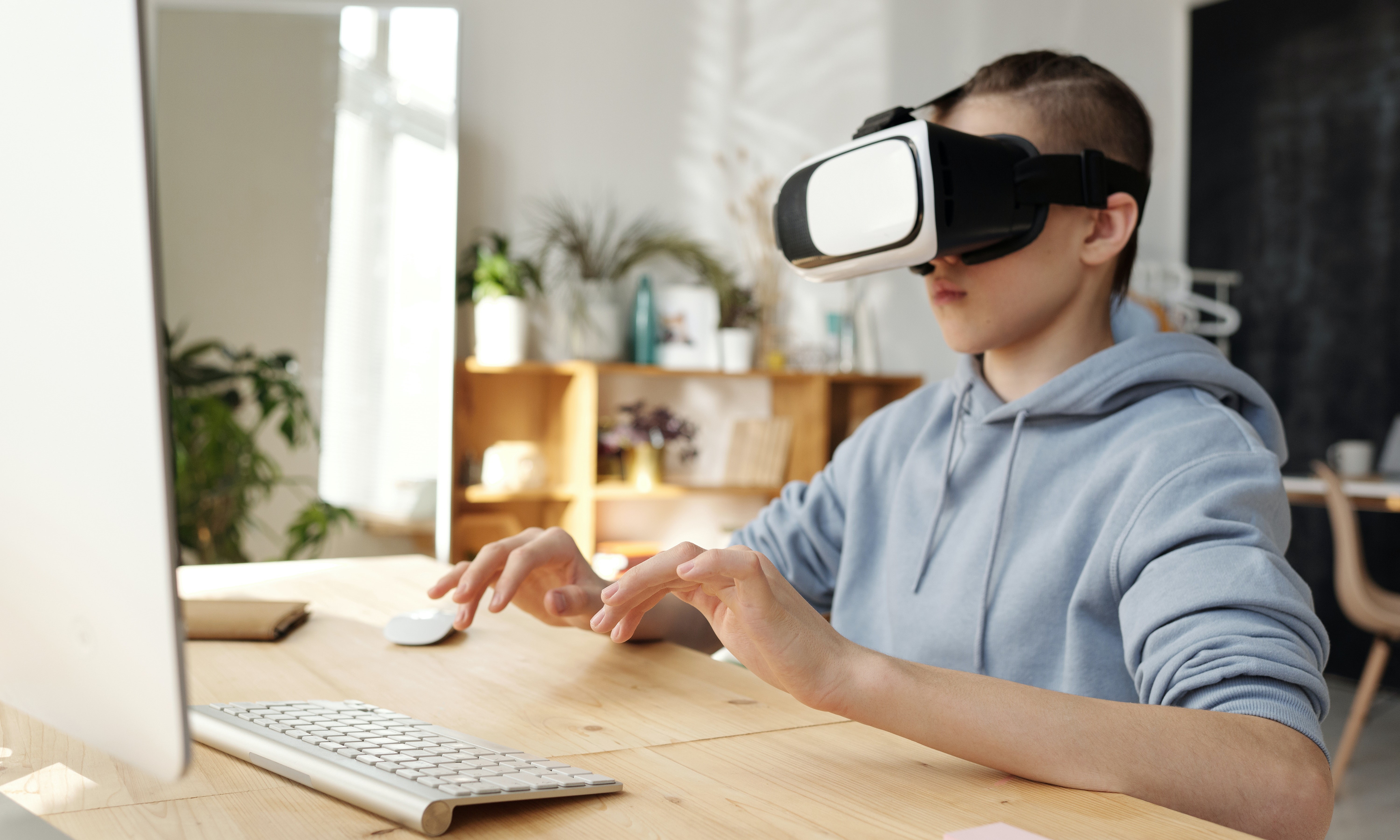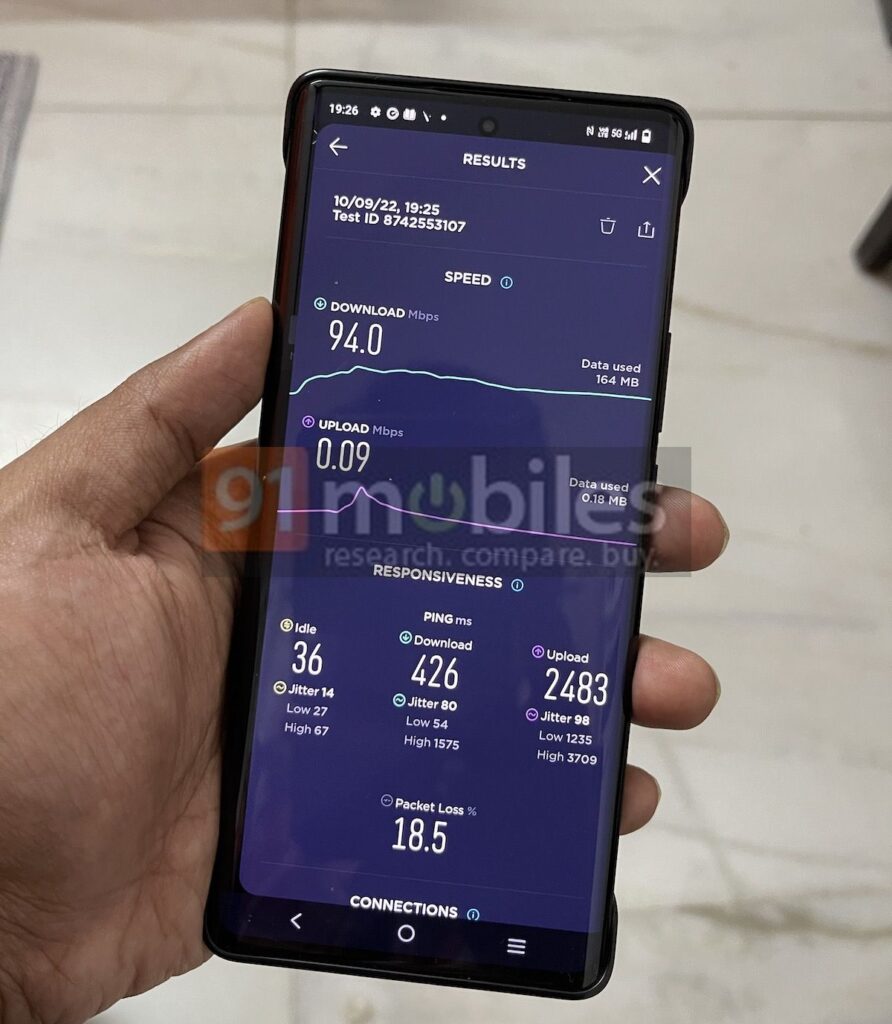5G use cases: What are the use cases of 5G and why you can continue using 4G

Telecom operators have finally green-lit 5G services in India after years of wait and anticipation. Currently launching in a phased manner to every major city, 5G brings along immense benefits such as ultra-high internet speeds, streaming seamless 4K videos, low-latency cloud gaming, and more. But is 5G something a general internet user should care about, especially in the current situation? To answer that question, this article will enlighten you about some 5G use cases to help you understand whether the next-gen cellular connectivity fits in with your usage or not. We have also mentioned several reasons why you can stick to using 4G for the time being.
What are the different use cases of 5G?
With 5G services finally rolling out in India by telecom operators, you’d be curious to know its different use cases along with the benefits it brings in day-to-day life. The various scenarios where 5G can be used are as follows.
Live Sporting Events
5G may significantly improve the way we watch and enjoy live matches by introducing multiple camera angles to watch sporting events such as cricket and football. This will be possible by 5G’s super-fast speeds and ultra-low latency to handle multiple live feeds from the match that too with less to no buffering. Apart from that, viewers may also be able to interact with the live stream by viewing the details pertaining to the live match such as player stats, team records, weather conditions, and more all without exiting the streaming app.
Interactive Education

5G can bring some massive improvements to how students are taught in schools by making education more engaging and immersive with the use of AR and VR technologies. Students will be able to view and understand complex concepts live in an AR environment and probably even interact with the elements. Although such educational material and hardware resources need to be developed from scratch with due time it may become a possibility that education is enhanced for the good. Such applications may require seamless and ultra-fast internet connectivity and that’s where 5G comes into play with its accessible nature to deliver high internet speeds even in remote locations, which was not possible with 4G.
Apart from that, the staggering rise of digitalisation during the pandemic will only improve with 5G and make remote learning more accessible than ever before. Online classes and meetings may see huge upgrades as well in terms of sound and picture quality with fewer to no lags and buffers due to 5G’s ultra-low latency capabilities.
Holographic Communication

Holographic communication which we’ve seen in movies until now could soon become a reality. For the uninitiated, a hologram is a way of presenting yourself to another location without actually being present there. With the help of sensors and other crucial hardware, a live representation of a person can be transmitted to a destination over a reliable and low-latency network such as 5G. Holographic communication could be implemented in organisations to deliver certain information at the same time to different groups of people set in different locations. Or it could be widely used in the education sector as well to mimic the presence of a teacher in real-time.
Cloud Gaming

One of the biggest 5G use cases is cloud gaming. Irrespective of the device, a user may be able to play high-end games even in 4K resolution with the help of 5G. This is possible because in cloud gaming all the rendering of the resources and graphics happens on the network, which is then seeded to the player’s device, unlike traditional gaming which requires you to have spec-loaded hardware. This is only achievable with high bandwidth networks like 5G that can deliver enormous amounts of data in an extremely short span of time. Apart from that, when cloud gaming becomes more prominent, casual gamers may not need to invest in high-end machines since a certain gaming subscription is enough to get access to a vast portfolio of games.
Improvements to Healthcare

Implementing 5G in the health sector could make things more efficient than ever, especially in the case of life and death situations. For instance in emergency cases when en route to the hospital, the ambulance could be packed with advanced and connected technologies through which doctors can visually see the injuries or wounds of the patient over a 5G network in high-res video quality. Accordingly, doctors could instruct the staff to mend and control the injuries till the patient reaches the hospital. Similarly, doctors could provide home consultations over the fast and buffer-free 5G internet by looking at the symptoms and providing prescriptions for the same. 5G could also help in storing large amounts of patient data and files seamlessly to cloud storage which can be accessed at any time from anywhere. Medical schools and universities will be able to provide students with immersive learning with the help of AR and VR technologies by demonstrating complex concepts.
Why should you stick with 4G for the time being?
Sure the use cases and benefits of 5G are immense but is it worth using in its initial stages? Well, not really due to the current scarce implementations in various applications and industries. So here are a few reasons why I should continue to use 4G for the time being until a major breakthrough in 5G technology.
5G has limited availability
Telecom operators such as Jio and Airtel have rolled out their respective 5G services in a handful of cities throughout India but the actual 5G availability is still limited if you happen to be present in those particular cities. This is simply because 5G towers are yet to be deployed in a widespread manner and are primarily installed in public places such as metro stations, shopping malls etc. So if you’re not enthusiastic about using 5G right away, resorting to 4G, for the time being, is good enough.
5G speed is not steady, yet

You may have come across all the claims that 5G will deliver next-gen high-speed internet that’ll be 10 to 20 times faster than 4G for various activities but the reality is far from it. This is because the network infrastructure is not a point to sustain vast numbers of internet users at the same time which results in a dip in download and upload speeds. Similarly, in one location you may get super-fast speeds while in other areas the internet may perform even worse than 4G. These variations in speeds can be solved by improving the overall infrastructure and installing the necessary hardware wherever required.
5G is a battery hogger
In relation to the previous point, 5G can turn out to be a battery hogger if you use it extensively for a continuous period. This is simply because 5G uses large packets of data to provide higher speeds than 4G, which consumes a lot of power, resulting in the device’s battery taking a huge hit. At the same time, you may also feel the device getting slightly warm and even more so when using 5G outside under a scorching sun. Apart from that, in case of low 5G coverage, the phone may always look for a nearby 5G network which may result in the battery draining. That said, while 4G isn’t as fast as 5G, it ensures the device remains at normal temperatures and also doesn’t drain the battery as much even in prolonged usage.
5G consumes data in a jiffy
In the current stages of 5G, telecom operators such as Jio and Airtel are providing unlimited 5G data to those who are using the network. However, this may not be the case as operators will eventually announce and roll out dedicated 5G plans for their subscribers. Looking at the current 4G plans, most plans come with at least 1GB or 2GB of daily internet data, which is sufficient for most casual users who stream limited amounts of videos. 5G, on the other hand, consumes 1GB of data in running an internet speed test itself, let alone downloading or streaming 4K videos and movies. That said, it remains to be seen how much daily internet data the operators provide with their 5G plans and whether it’ll be enough for various internet activities.
The post 5G use cases: What are the use cases of 5G and why you can continue using 4G first appeared on 91mobiles.com.
https://www.91-cdn.com/hub/wp-content/uploads/2022/10/5G-use-cases.png
https://ift.tt/VZO8aSG







No comments